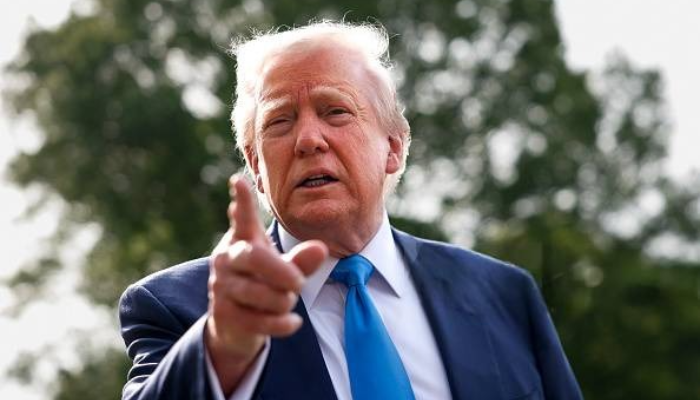European markets are poised for another positive session after the White House confirmed President Donald Trump’s plan to roll back tariffs on imported auto parts used in U.S.-manufactured vehicles. The announcement comes just ahead of the May 3 expiration of existing tariff exemptions, offering temporary relief to the automotive industry amid a tense global trade environment.
The Trump administration’s shift follows weeks of pressure from industrial groups and major automakers. In an official statement released Monday, White House officials revealed that Trump intends to ease 25% import duties on vehicle components, especially for domestic carmakers, and will ensure that automakers are not hit with overlapping tariffs on key materials like steel and aluminum. A formal proclamation is expected to be signed by Tuesday.
“President Trump is reaffirming his support for American manufacturing and our domestic workforce,” said Commerce Secretary Howard Lutnick. “This policy rewards companies that invest in the U.S. and will help ramp up domestic production of automotive components.”
The move aligns with Trump’s earlier remarks in April, where he expressed interest in giving car companies more time to localize their supply chains. U.S. auto giants like Ford and Tesla had recently delayed or scaled back certain production plans and exports to China due to retaliatory measures from Beijing.
The latest shift in trade policy marks another pivot in Trump’s evolving tariff strategy. After initially imposing sweeping tariffs on a wide range of imports, the administration has begun rolling back duties on specific sectors, including consumer electronics earlier this month—reportedly after Apple shares took a sharp dip. “I helped Tim Cook and Apple when it mattered,” Trump noted during a press briefing.
Meanwhile, China has publicly denied the existence of any ongoing trade discussions, despite repeated claims from the Trump administration that talks are progressing. Treasury Secretary Stott Bessent reinforced the U.S. position on CNBC, stating, “China holds the key to de-escalating the conflict.”
Nevertheless, signs of tariff relief and toned-down rhetoric are helping to fuel a global stock market rally, especially as U.S. tech giants prepare to report earnings this week.
Europe Tracks Global Upswing
European stocks are expected to benefit from the optimistic mood. As of early Tuesday morning (5:35 am CEST), futures indicated modest gains across major indices: Germany’s DAX was up 0.22%, the Euro Stoxx 50 inched slightly higher, and London’s FTSE 100 rose by 0.16%.
Asian markets had already picked up the momentum. Japan’s Nikkei 225 climbed 0.38%, Australia’s ASX 200 gained 0.96%, and Hong Kong’s Hang Seng Index led the region with a 2% surge. South Korea’s Kospi added 0.63%. U.S. futures also reflected upward movement, with the Dow Jones up 0.12%, the S&P 500 gaining 0.16%, and the Nasdaq rising 0.22%.
Currency and Commodity Movements
Amid the easing trade tensions, investor appetite for safe-haven assets continued to decline. The euro weakened against the U.S. dollar, with the EUR/USD pair dropping 0.37%, while the USD/CHF slipped 0.55% during Tuesday’s Asian session.
Gold prices also pulled back after a brief recovery on Monday. Spot gold dropped by 1% to $3,311 per ounce by 5:46 am CEST, as markets rotated away from defensive assets in response to de-escalation signals.
With the U.S. softening its protectionist stance and the global equity rally extending into another day, investors will be closely watching how long this sentiment can last amid geopolitical uncertainty.

